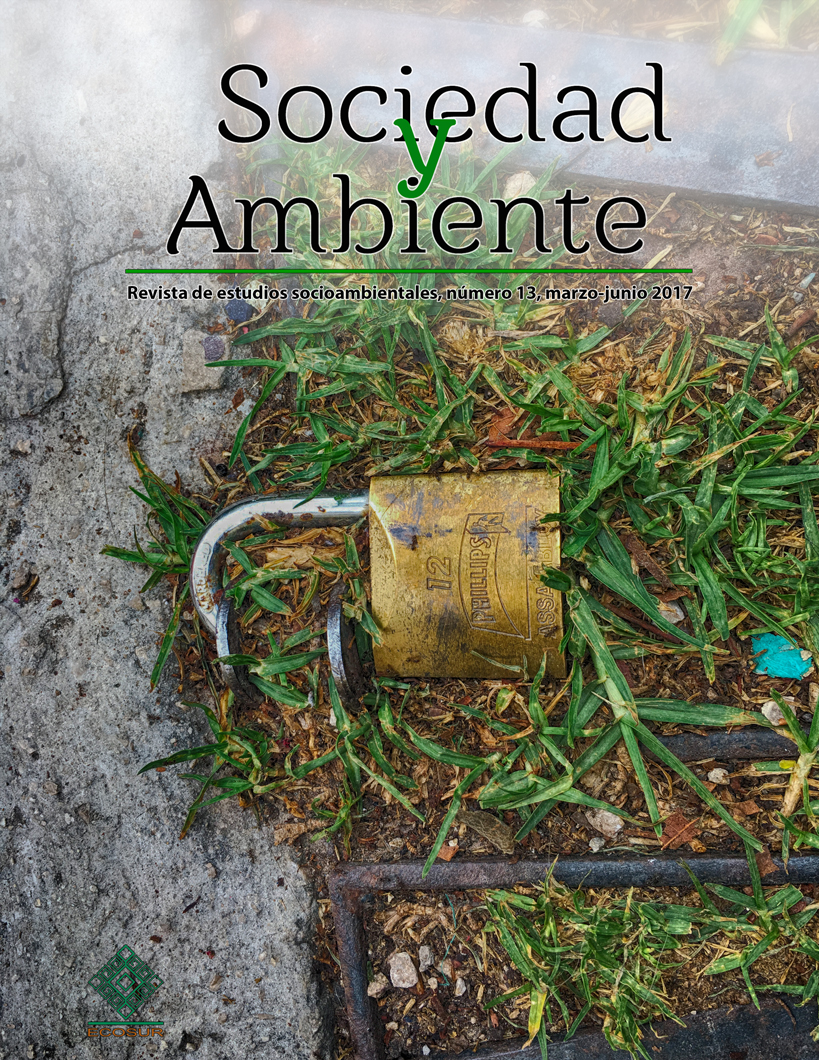Abstract
The paper explores gender and environmental analysis methodologies in the study of the extractive mining model in Mexico. It is centered on the characteristics of mining activities, conventional and non-conventional extraction of hydrocarbons and the use of water for mega-projects associated with extractive activities. It aims to contribute to the analysis and formulation of strategies that consider social and gender inequalities in the areas of research and social action. The methodology proposes the mainstreaming of the main variables of gender and environment analysis, such as sexual division of labor, differentiated access to natural resources, decision-making processes and time use. These variables are researched within four domains of community life, taking as main reference the concept of territory. This takes into account the use of territory, income and employment, health and environment, and organization and community life. The contributions discuss the application of this model to a set of extractive activities tested in previous studies that showed both the model’s advantages and limitations. It concludes with a set of learned lessons that highlight the most relevant aspects to consider when incorporating a gender approach into the analysis of extractive activities in Mexico.

Sociedad y Ambiente by ECOSUR is licensed under a Creative Commons Reconocimiento-NoComercial-SinObraDerivada 2.5 México License

